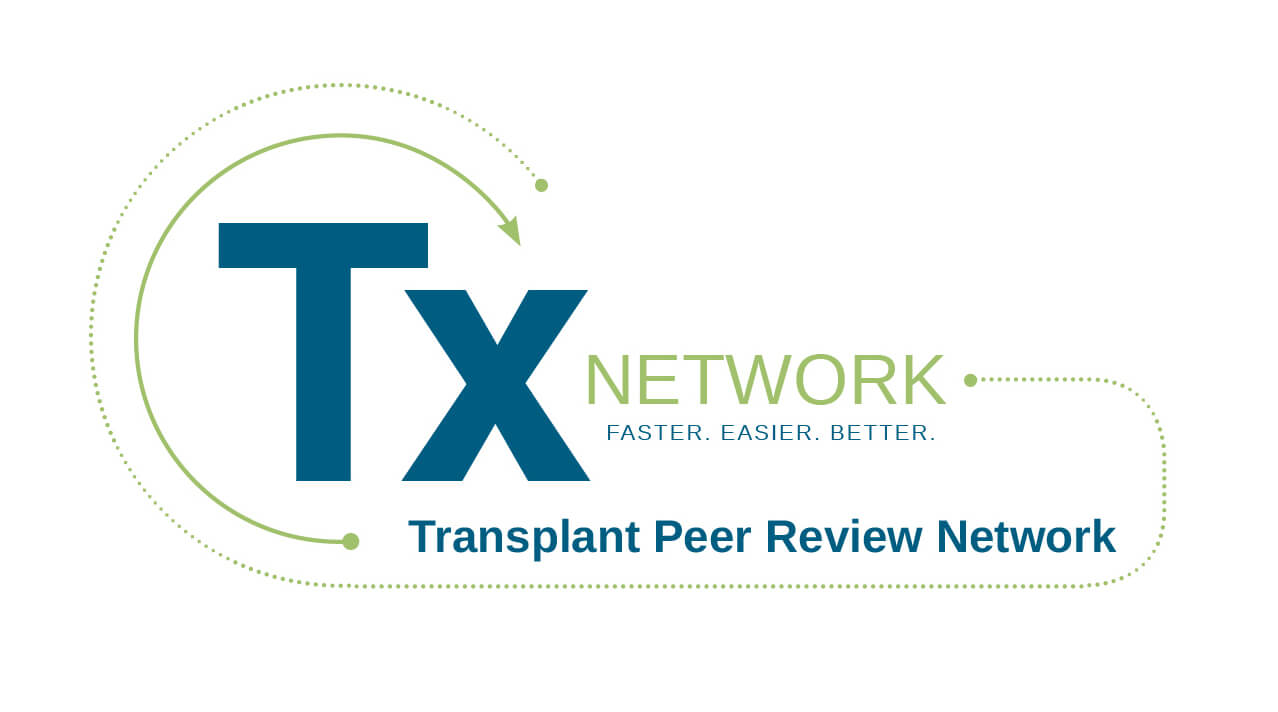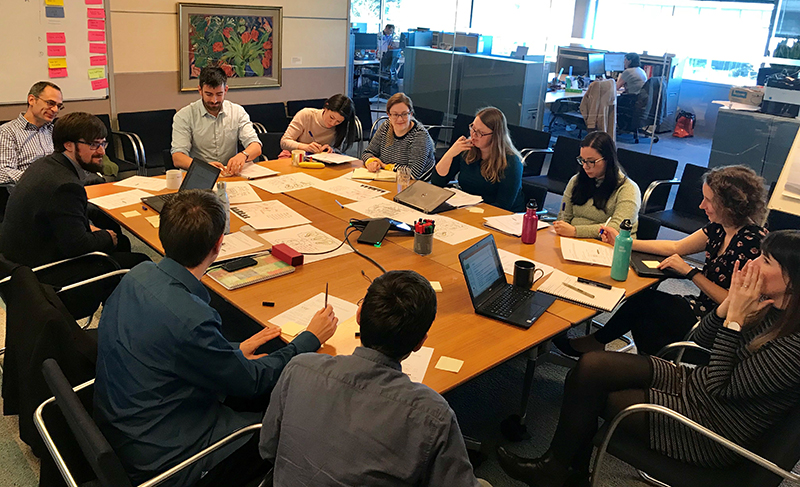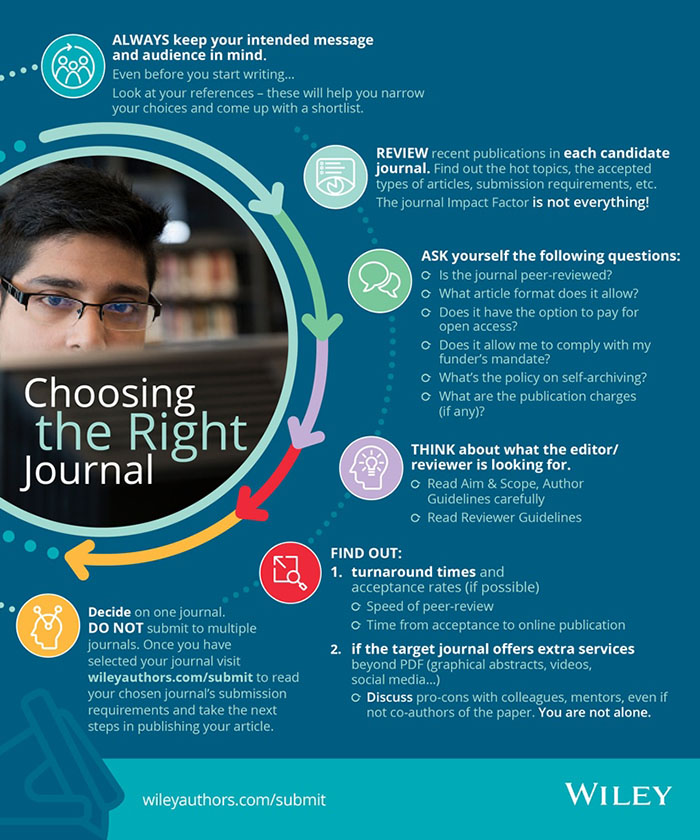cooperation-not-confrontation-how-to-convince-referees-and-respond-to-reviews
January 22, 2015
Some of the most difficult people to convince about new ideas, especially unusual or controversial ones, are experts. In other words, the reviewers who are likely to be peer-reviewing your paper are also those who are likely to be the most skeptical about it. Whether this is an advantage or disadvantage of the peer-review system in general is another matter, but whatever the case, there are a few things that you can do to help convince referees of the merits of your work and improve your chances of getting your paper accepted.
Avoid an adversarial approach
First and foremost, it’s critical to avoid the combative “I’m right and you’re wrong and that’s the end of the story” approach. This will create an enemy out of a referee, when what you really need is an ally who can help get your paper accepted. Therefore, the least productive strategy is to set up an adversarial “author versus referees” battle in which you become more and more defensive to repel the “enemy” reviewers’ “attacks”. This will likely only bring increased resistance from both sides, which helps no-one. Your aim should be to create a cooperative atmosphere between you and the reviewers. A big part of doing this is to make it obvious that you appreciate the referees’ input into the peer review “conversation” about your work, even if you don’t agree with all of what they have to say. Thank them explicitly in your response to reviewers for their time and effort.
Don’t ignore referee comments
Ignoring referee comments that you don’t agree with without even attempting to reply to them is also a bad idea. If you don’t engage with the referee in a discussion, they are unlikely to reciprocate and engage helpfully with you to approve your paper for publication. Don’t forget that referees volunteer their time to assess your paper, so put yourself in their place and think how you would feel if you had volunteered your time to give someone advice that they then completely ignored. At best, you would feel severely demotivated to help out the next time and at worst you might feel downright angry. Just imagine what would then happen the next time you saw a paper from the same person! This is not a recipe for a good author-reviewer relationship, but it is a quick way to get yourself a bad reputation. When you also consider that a referee may review several more of your papers in the future, you can appreciate what a disastrous strategy ignoring comments can turn out to be.
Invite an open and honest discussion
One of the best ways to create a spirit of cooperation with referees is to discuss the limitations of your paper in the paper itself. It might sound like a strange thing to do to actively talk about the weakness of your work at a time when you want to present it in the most positive way, but don’t forget that science is never perfect in the real world and the referees already know this. Simply put, an honest assessment of the pros and cons of your work gives referees less to criticize about your paper because you’ll have already answered some of their questions before they’ve had a chance to ask them. An open discussion of the drawbacks of your methods will also convince referees that you’re interested in a proper scientific discussion, rather than making them feel suspicious that you’re trying to hide something.
Be convincing, not confrontational
If you get comments from a referee that you think are simply wrong or not consistent with what your results have shown, you can still effectively convince them of your position without creating a conflict. The key here is to acknowledge that the referee’s ideas are valid and that you understand their point of view. Where possible, you need to guide the referee to see how their ideas and yours are fundamentally quite compatible, but that the experimental evidence shows that your ideas are right. A simplified way to present your case might be like this: “We initially had the same idea as the referee because we too thought X, but this idea was incorrect because the data then showed Y. Then we went back to the lab and tested idea Z, which proved to be the right one”.
Whatever type of experience you have during the peer-review process, there are two important aspects to bear in mind. One is that everyone involved is human, and the second is that peer review should be regarded as a discussion of your paper, rather than an examination that needs to be passed, although more often than not it feels very much like the latter. Like every other discussion you have in which you try to persuade someone about something, the way you present your arguments during peer review will have a big effect on how your work is judged by others. Therefore, you should take every opportunity to pave the way to acceptance. It will be well worth it!
Image credit/Source:michaeljung/Getty Images











